WASHINGTON, D.C. — This week, top U.S. and Chinese military officials were in Washington to discuss relations between the two countries, their militaries and tensions in the Indo-Pacific.
The meetings come at a time when U.S. lawmakers are looking to bolster support for Taiwan and deter an invasion by China. The United States is a key international ally and arms supplier for Taiwan, despite a lack of formal diplomatic ties with Taiwan, which China views as its own territory.
It was a major topic in the meetings on Monday and Tuesday as the two nations work to “restore communications” after months of Chinese military escalation in the Indo-Pacific and multiple close calls with U.S. military in the air and at sea.
In a readout of the meetings, published by the Chinese Defense Ministry, China said it would not make any concession or compromise on the Taiwan question and demanded that the U.S. “stop arming Taiwan, and not support Taiwan independence.”
On Tuesday, House Speaker Mike Johnson (R- LA) welcomed the ambassador of Taiwan to the U.S. Capitol.
“We stand shoulder to shoulder with the Taiwanese people. We certainly want to help, and the defense of Taiwan is very important to us,” said Speaker Johnson. “We want to deter the Chinese Communist Party and any military provocation.”
The Ambassador’s visit and the military talks come just days before Taiwan’s presidential election on Saturday. The election could shape future relationships with the U.S. and China.
“The robust Taiwan-U.S. relationship is based, as you mentioned, on shared values such as freedom and democracy,” said Taiwan Ambassador Alexander Yui.
Taiwan is looking to the U.S., specifically Congress, to pass the supplemental national security bill which would also provide billions to Ukraine and Israel. The legislation remains stalled as lawmakers search for compromise at the southern border.
In a November meeting with President Biden, President Xi Jinping warned that Beijing will reunify Taiwan with mainland China.
